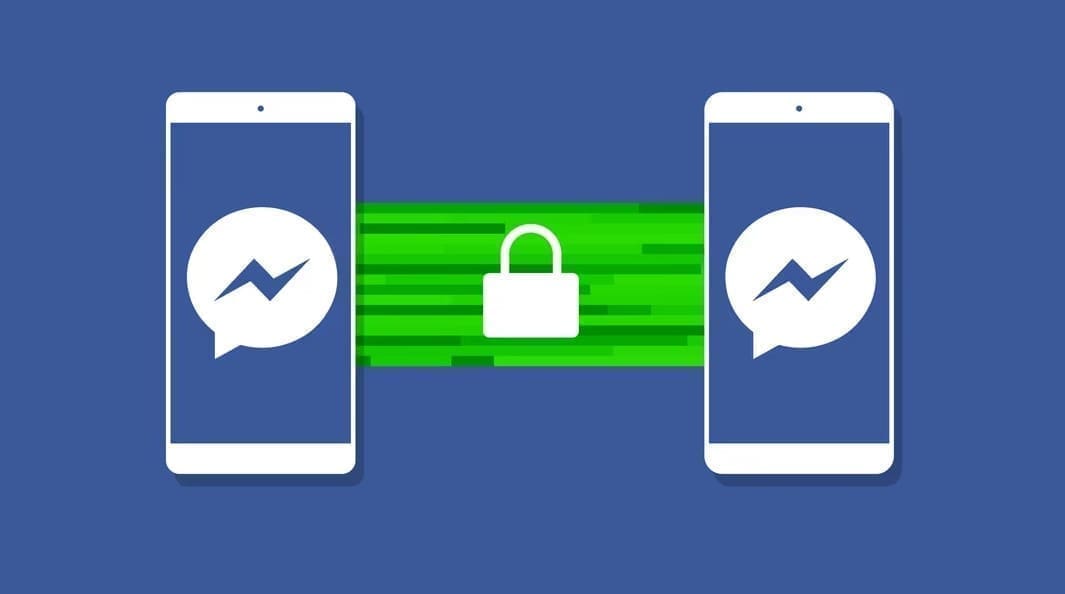Meta Revolutionizes Digital Privacy: Unveils End-to-End Encryption on Messenger and Facebook
In a landmark decision, Meta, the parent company of Facebook, Messenger, WhatsApp, and Instagram, has recently implemented end-to-end encryption across Messenger and Facebook. This pivotal move in December 2023 marks a significant leap in ensuring user privacy and security, reflecting Meta’s evolving vision since its rebranding from Facebook in October 2021.

Meta Unveils End-to-End Encryption on Messenger and Facebook
What is End-to-End Encryption?
End-to-end encryption is a secure communication method preventing unauthorized data access, alteration, or disclosure. It ensures that messages are only readable by the sender and recipient. This technology employs randomly generated secret keys for each message or call, converting data into indecipherable codes, thus securing the data transmission process.
#Meta has announced that it will encrypt personal calls and chats of every #Messenger user by default, enhancing privacy and making the service similar to #WhatsApp. The encryption ensures that even Meta cannot access the content unless users choose to report a message. The… pic.twitter.com/FLZ30Au7zi
— Santiago Leon – Web Dev – sleon productions ► (@sleon) December 7, 2023
Benefits and Challenges of End-to-End Encryption:
The implementation of full encryption brings both advantages and challenges.
| Advantages | Challenges |
|---|---|
| – Enhanced user privacy and security against hackers, fraudsters, and criminals. | – Difficulty in combating crimes like terrorism, extremism, violence, and misinformation using encrypted messages. |
| – Boosted user confidence in Meta’s services and freedom of expression. | – Reduced oversight, accountability, and transparency in monitoring encrypted content. |
| – Support for human rights and democracy, especially in oppressive regimes. | – Potential loss of services like targeted ads, instant translation, and AI-driven recommendations. |
Impact of Meta’s Encryption Decision:
Meta’s move to encrypt messages on Messenger and Facebook is a bold and significant step, underscoring its commitment to user privacy and security. However, it also presents challenges in crime prevention, content regulation, and service provision.
End-to-end encryption is a fundamental right for users, and Meta must continue to refine and improve this technology. The company should provide users with flexible and personalized settings to control their privacy and security.
Meta’s responsibility extends to collaborating with authorities, civil societies, experts, and researchers to find common solutions and standards. These efforts are crucial to balance protecting encrypted messages and combating misuse and abuse.

Meta’s decision to implement end-to-end encryption is a bold statement in the digital world, prioritizing user privacy and security. While it brings certain challenges, it represents a significant step towards a more secure and private digital communication era. The future will likely see Meta navigating these challenges while maintaining its commitment to user rights and security.

